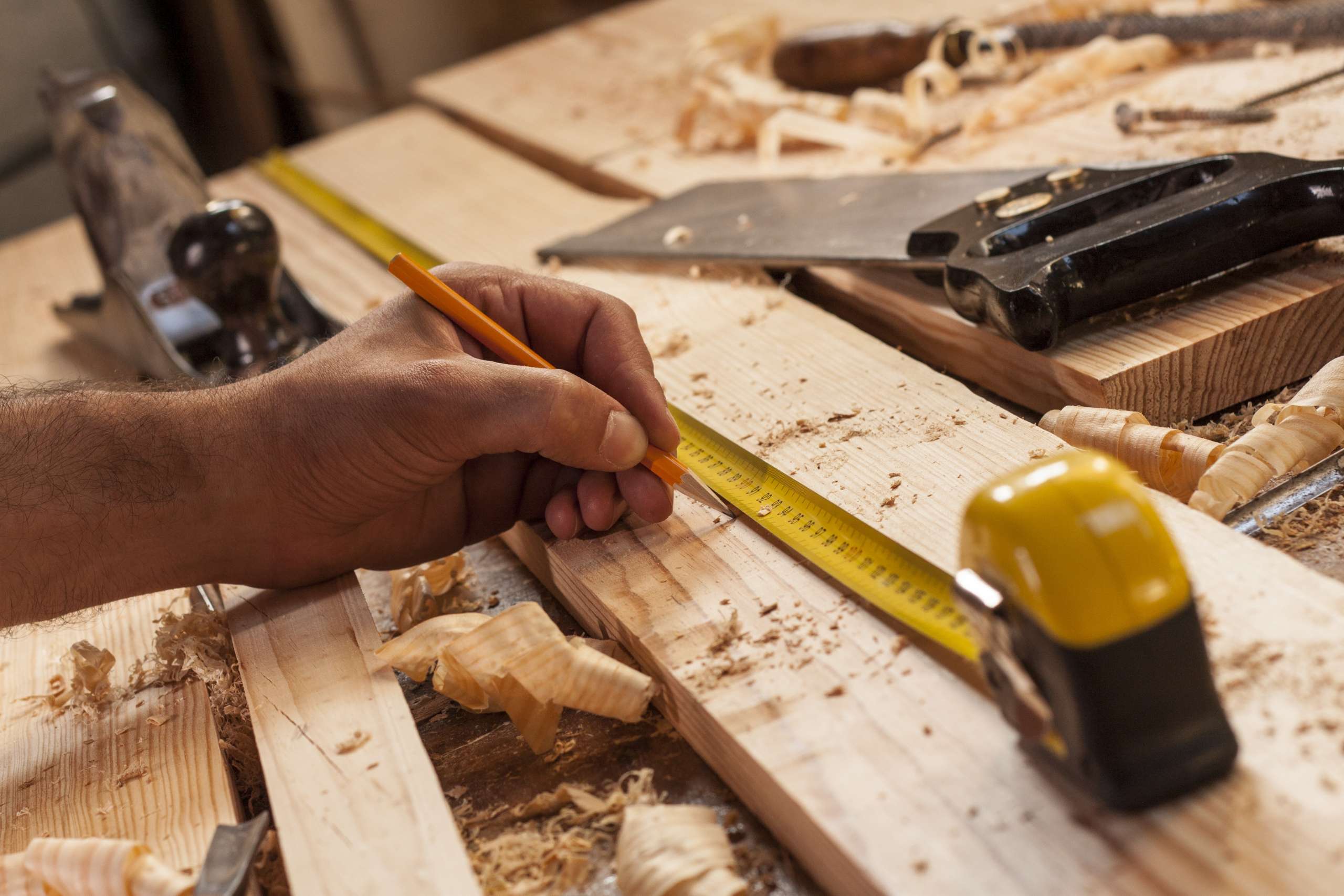In the magical world of woodworking, where raw materials are transformed into stunning creations through the skillful hands and creative minds of artisans, safety should always be the top priority. For beginners delving into the art of woodworking, learning the essential safety tips is crucial to ensure a seamless and secure journey towards mastering the craft. Let’s uncover some vital woodworking safety tips that every novice woodworker should embrace with open arms and a keen eye for detail.

Choosing the Right Personal Protective Equipment
When it comes to woodworking, safety should always be a top priority. (PPE) is essential to keep yourself protected while working on projects. Here are some tips to help beginners select the appropriate gear:
- Eye Protection: Invest in a pair of safety glasses or goggles to protect your eyes from flying debris, dust, and splinters.
- Hearing Protection: Use earplugs or earmuffs to prevent hearing damage from loud power tools.
- Respiratory Protection: Wear a mask or respirator to avoid inhaling sawdust, fumes, and other harmful particles.
- Hand Protection: Choose work gloves that provide both dexterity and protection from cuts and splinters.
Additionally, wearing appropriate clothing such as long sleeves and pants can help protect your skin from sharp objects and flying debris. Remember, PPE is not optional – it’s a necessity for every woodworking project, no matter how small. Stay safe and enjoy your woodworking journey!
Understanding Tool Safety and Usage
When it comes to woodworking, safety should always be the top priority. Understanding tool safety and proper tool usage is crucial to preventing accidents and injuries in the workshop. Here are some essential tips for beginners to keep in mind:
- Wear appropriate safety gear: Always wear protective gear such as safety goggles, ear protection, and a dust mask to protect yourself from flying debris and harmful fumes.
- Read and follow tool manuals: Before using any tool, make sure to read the manufacturer’s instructions and follow all safety guidelines. This will help you understand how to properly use the tool and avoid accidents.
- Keep work area clean and organized: A cluttered workspace can lead to accidents. Make sure to keep your work area clean and organized to prevent tripping hazards and ensure a safer working environment.
| Tool | Safety Tip |
| Saw | Always use a push stick to keep your hands away from the blade. |
| Drill | Secure your workpiece with clamps or a vice to prevent it from spinning. |
By following these safety tips and practicing caution in the workshop, beginners can enjoy woodworking safely and confidently. Remember, it’s always better to be safe than sorry when working with tools and machinery.
Creating a Safe and Organized Workshop Environment
When setting up your woodworking workshop, it is crucial to prioritize safety to prevent accidents and injuries. Here are some essential safety tips for beginners:
- Wear the proper safety gear: Always wear safety glasses, ear protection, a dust mask, and gloves to protect yourself from flying wood chips and dust.
- Keep your workspace organized: Ensure that your tools are stored properly and that there are clear pathways in your workshop to prevent tripping hazards.
- Use tools correctly: Familiarize yourself with how to use each tool safely before starting any project. Follow the manufacturer’s instructions and never force a tool that is not working correctly.
| Type of Safety Gear | Importance |
|---|---|
| Safety Glasses | Protects the eyes from wood chips and debris |
| Ear Protection | Prevents hearing damage from loud machinery |
| Dust Mask | Filters out harmful dust particles to protect lungs |
| Gloves | Provides hand protection from sharp tools |
Remember to always read and follow the safety guidelines provided by the tool manufacturer and seek help or guidance if you are unsure about how to use a tool properly. By prioritizing safety in your woodworking workshop, you can enjoy your projects with peace of mind.
Seeking Professional Guidance and Education
Whether you are a beginner or seasoned woodworking enthusiast, it is crucial to prioritize safety in your workshop. Here are some essential woodworking safety tips to keep in mind:
- Always wear protective gear: Make sure to wear safety glasses, ear protection, a dust mask, and appropriate clothing to protect yourself from sawdust, splinters, and loud noises.
- Use the right tools for the job: Ensure that you are using tools that are in good working condition and appropriate for the task at hand. Avoid using damaged or dull tools.
- Keep your workspace organized: Clutter in your workshop can lead to accidents. Keep your tools, materials, and equipment organized and clean up spills immediately.
- Follow manufacturer instructions: Read and follow the manufacturer’s instructions for all tools and equipment. This will help you use them safely and effectively.
By following these woodworking safety tips, you can protect yourself and others in your workshop and enjoy your woodworking projects with peace of mind.
As you embark on your woodworking journey, remember that safety should always come first. By following these tips and being mindful of your surroundings, you can enjoy the art of woodworking without putting yourself at risk. With practice and patience, you will become more skilled and confident in your craft. So grab your tools, put on your safety gear, and get ready to create something truly special. Happy woodworking!

